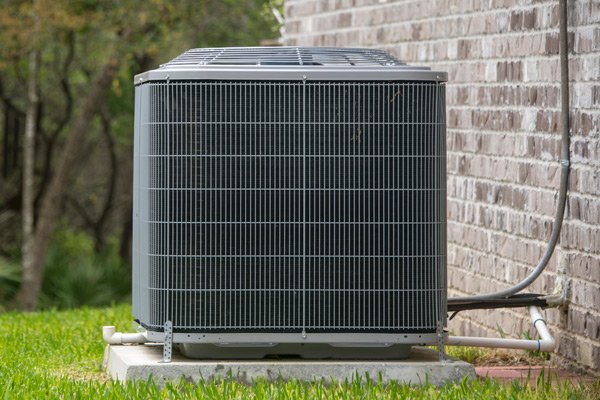Dyes Heating and Cooling
Dyes Heating and Cooling
5 signs your AC compressor may be failing
The compressor within your air conditioning system at your West Point, Georgia, home is one of the most vital parts that keeps the air cool. It’s also one of the most expensive components to replace. Watch for these signs that indicate a problem with your A/C compressor, and make sure to call an HVAC technician to diagnose and fix the issue. Regular maintenance can also help prolong the life of the compressor.
The compressor pumps refrigerant, a type of gas, through your HVAC system to remove humidity and heat from the air. Without a functioning compressor, your A/C won’t be able to keep up. It sits within the outdoor unit of your air conditioner.
Warm Air Coming Through the Vents
The first sign of a compressor problem is a lack of cold air coming through the HVAC system. If you’re lowering the temperature on your thermostat but still feel warm air at the vents, the first thing to check is whether the system is set on cool. It’s an easy mistake that a lot of homeowners make, but switching it over may fix the problem. If not, your compressor might be failing.
Warm air can also indicate several other problems, including a frozen evaporator coil, a refrigerant leak, or a malfunctioning condenser, so the best option is to bring in an expert to look at the system.
Tripped Circuit Breaker
When the compressor has to work harder than usual, it may put a strain on the electrical wiring in your home. The strain may result in a tripped circuit breaker, which will cut the power that goes to your air conditioning system. If you find that you constantly have to reset the circuit breakers to get any cool air, you may want to have the compressor checked out.
If your HVAC technician determines that the problem isn’t caused by the compressor, the next step is bringing in an electrician to determine if the wiring can accommodate the cooling system and other appliances that tax the electrical system in your house. Your HVAC might be too small for your home.
Odd Sounds
When your air conditioner turns on, it is normal to hear some noises from both the indoor and outdoor units. But screeching, thumping, or grinding noises aren’t normal, especially if they continue throughout the time that the system runs. Any strange noises or louder noises than usual would warrant a call to an HVAC technician. You may want to shut off the cooling system completely until someone can take a look at it. Thumping or grinding noises could indicate that a component is out of place or worn out, causing parts to rub together that shouldn’t be doing so.
Loss of Lubrication
It’s hard to tell if your compressor loses its source of lubrication, but this is the most common cause of failure of this A/C component. As it runs, oil circulates along with the refrigerant, keeping the movements smooth and preventing excess friction between the components. If the refrigerant is leaking out of the system, the oil will leak with it, causing a loss of lubrication. Refrigerant leaks are typically very small so it can take a while before the system stops working, but grinding sounds can give a warning that there isn’t enough oil to lubricate the compressor.
On the other hand, too much oil in the system can also cause problems with cooling, so a technician should diagnose a compressor problem before replacing it. If your technician suspects a leak, they can use dye or an electronic detector to find the hole(s) and perform a repair.
Shuddering or Hard Starts
When your compressor has a hard start, it will shake and shudder when the system turns on. Hard starts often indicate a problem with the compressor, but many homeowners don’t notice because the unit is outside. When you turn your air conditioner on, head outside and check on the unit at least once or twice a month.
If you are experiencing a problem with your compressor or any other component within your air conditioner, give us a call at 229-432-2673 to diagnose the problem and develop a repair plan.

